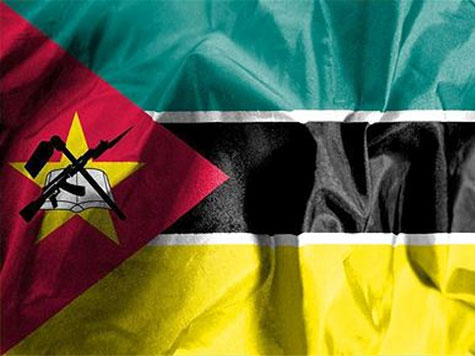Mozambique: Brazil a central partner in energy transition cooperation - minister
The four main challenges of Mozambique’s public finances – EIU

File photo
The Economist Intelligence Unit (EIU) believes that Mozambique has multiple challenges ahead, including falling revenues, the liability of state-owned companies, resistance to removing subsidies and difficulty financing the deficit.
In a special report on the country, the economic analysis team for the British magazine ‘The Economist’ identifies four constraints on Mozambican public finances, starting with the negative expectation on tax revenues, which experts say are currently overestimated.
“Economic growth will continue to slow in 2017, affected by rampant inflation, high interest rates, growing uncertainty and concerns about the quality of sovereign credit,” EIU experts write in the analytical note Lusa has access to.
Devaluation of the metical may be an advantage for taxes when converted to local currency, but “the revenues and profits, which are traditionally worth a third of government revenues, will suffer in a slow-growing environment”, they add, noting also that “revenues from coal will not be significant enough” to cover the tax collection slowdown.
Therefore, “due to probable delays in the development of large natural gas projects and the recovery of investment in projects, the estimated US$6.3 billion in revenues in 2023, equivalent to 60 percent of current GDP, is too optimistic”.
Another of the major difficulties for public finances is the liability that state-owned companies will place on the budget, starting with uncertainty as to their extent. “The ‘financial hole’ the public companies represent is basically unquantified,” says the EIU, noting that the Government itself listed several public companies in financial difficulties, including telecommunications, aviation, electricity and fuel companies.
These companies, says the EIU, are “responsible for large infrastructure projects whose financial commitments are borne by the Government in the event of any default”.
Political resistance to the elimination of subsidies will be “fierce”, say the analysts, predicting that in the next decade some subsidies will remain because of the municipal elections in 2018 and the national elections in the following year.
Finally, the EIU identifies the problem of financing the public accounts deficit, considering that the Executive will face enormous difficulties in finding financing.
“With a small amount of borrowing in 2017 domestic, the government expects national deficits and debt obligations to be fully covered by external debt, but we are less optimistic as to the government’s ability to borrow internationally,” the experts say.
The EIU believes that commercial creditors “will not contemplate it” and recalls that “the government is in practice, in default, after a public company failed to pay a debt guaranteed by the state in May, and it is trying to restructure public debt securities for the second time in 12 months because it cannot manage the payments”.
To make matters worse, the EIU analysts conclude that “the ratings are at a very low level, and sovereign debt interest rates are the highest in the world”, which is why they anticipate that “even if it [the country] finds a friendly international lender, it will not be able to borrow as much as it wants”.












Leave a Reply
Be the First to Comment!
You must be logged in to post a comment.
You must be logged in to post a comment.